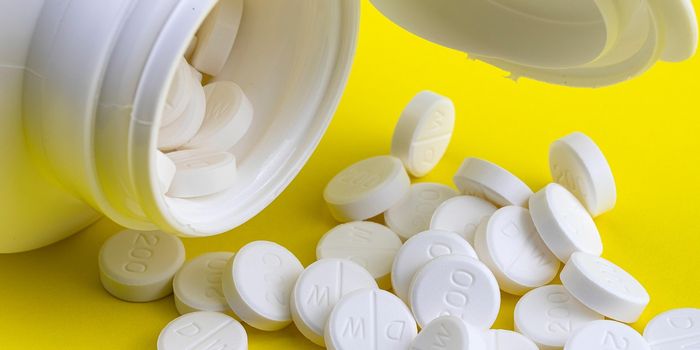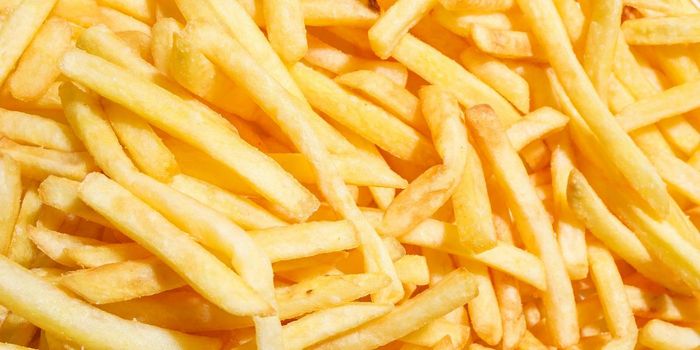Sugary Drinks Increase Risk of Cardiovascular Disease
Researchers have found that adults who drink at least one sugary drink per day are at a greater risk of dyslipidemia (having higher levels of unhealthy fats such as LDL cholesterol or triglycerides in the blood), than those who do not consume sugary drinks at all. Affecting 40%- 50% of US adults, this, in turn, can increase a person’s chances of developing cardiovascular disease.
According to Eduardo Sanchz, chief of the Center for Health Metrics and Evaluation at the American Heart Association, “For some time, we have known sugary drinks can have a negative effect on Americans' health status, yet the assumption for many is that they only contribute to weight gain...This research reinforces our understanding of the potential negative impact sugary drinks have on blood cholesterol, which increases heart disease risk. It is yet one more reason for all of us to cut back on sodas and other sugar-sweetened beverages."
For the study, researchers examined medical data from 5,924 people from the Offspring and Generation 3 cohorts of the Framingham Heart study. Followed for an average of 12.5 years between 1991 and 2014, the dataset includes the children of the original participants, as well some of their grandchildren. In particular, the researchers wanted to understand how and whether consumption of sugary drinks is associated with dyslipidemia, and thus heart disease.
Classifying sugary beverages according to sugary drinks (such as sodas, fruit-flavored drinks and sport drinks), low-calorie sweetened beverages (such as “diet” sodas) and 100% natural fruit juices, they compared how consumption of different drink types correlated with each participant's cholesterol and triglyceride levels over a four-year period.
In the end, they found that drinking sugar-sweetened drinks (over 12 ounces per day) was linked to a 53% higher chance of high triglycerides and a 98% higher chance of low HDL cholesterol (known as “good” cholesterol) compared to those who drank less than one such beverage per month. Meanwhile, drinking low-calorie sweetened beverages and fruit juice was neither associated with dyslipidemia risk nor changes in cholesterol.
Lead author of the study, Nicoa McKeown, said, “Reducing the number of or eliminating sugary drink consumption may be one strategy that could help people keep their triglyceride and HDL cholesterol at healthier levels...while our study didn't find negative consequences on blood lipids from drinking low-calorie sweetened drinks, there may be health consequences of consuming these beverages on other risk factors. Water remains the preferred and healthiest beverage."
Sources: Science Daily, Journal of the American Heart Association and GEN









